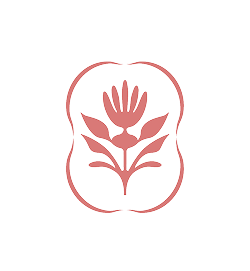It seems the page you’re looking for has moved or no longer exists.
Take a deep breath — you’re still in the right place to begin feeling your best.

Ezora is a certified physiotherapist with over a decade of experience in women’s health, musculoskeletal and sports physiotherapy. Her current practice focuses on pelvic health and sexual wellness across all stages of a woman’s life.
Trained in both internal and external pelvic floor assessments and real-time ultrasound, she supports women experiencing pelvic pain, sexual discomfort, or postpartum recovery needs. Fluent in English and Cantonese, Ezora is known for her skilled hands-on approach and her dedication to helping women restore confidence, comfort and connection with their bodies.
Sexual Health and Wellness
Pelvic Pain
Scar Massage Therapy
Pre and Postnatal care
Neck and Shoulder Pain
Chloe is a dedicated women’s health physiotherapist whose personal and professional journey has shaped her compassionate approach to care. Early in her career, she noticed that many women’s health concerns, including incontinence, painful intercourse and fertility challenges, were often dismissed or left unspoken. This sparked her commitment to specialise in pelvic health and provide women with the support they deserve.
She pursued training in pelvic health assessment and management, and integrates Polestar Pilates principles into her practice to restore functional movement, postural alignment, and overall wellbeing.
Her personal decision to go through two unmedicated births reinforced her belief in the power of education, preparation, and informed support during pregnancy and beyond.
Clare is an experienced physiotherapist specialising in women’s musculoskeletal and pelvic health, focusing on pregnancy, postpartum recovery, and perimenopause. She combines clinical precision with a whole-body approach, integrating hands-on manual therapy and movement strategies tailored to women’s changing needs.
As a twin mum, Clare personally experienced the gaps in postpartum care, which fuels her passion for changing the status quo. As co-founder of Calyx, she champions a preventive physiotherapy model that closes critical gaps between medical care, recovery, and long-term wellbeing.